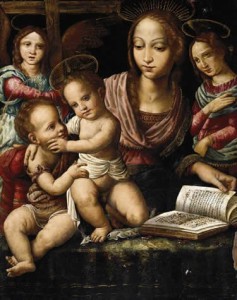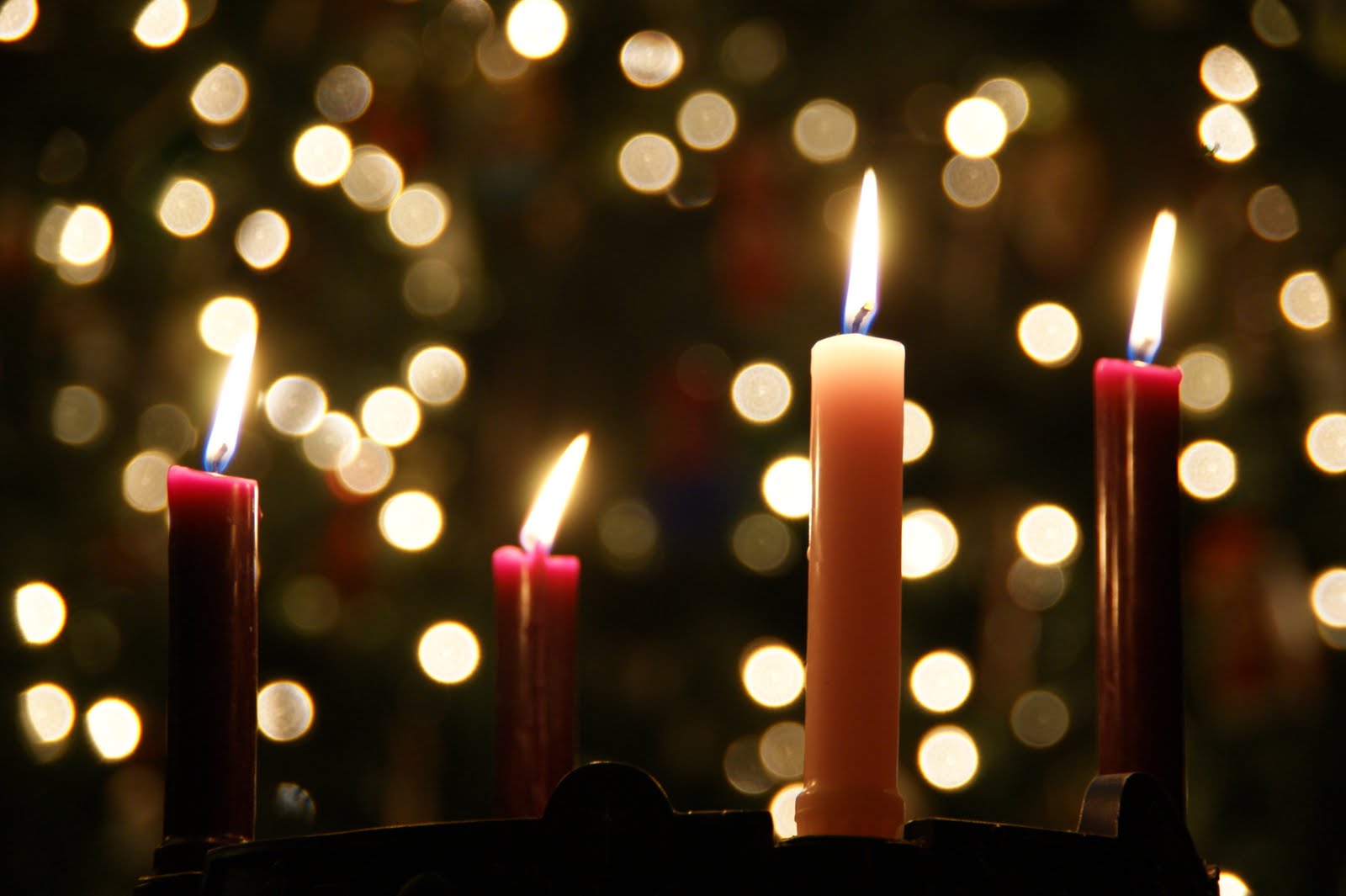
The Road Home
Today’s Psalm paints a dream-like scene—a road filled with liberated captives heading home to Zion (Jerusalem), mouths filled with laughter, tongues rejoicing.
It’s a glorious picture from Israel’s past, a “new exodus,” the deliverance from exile in Babylon. It’s being recalled in a moment of obvious uncertainty and anxiety. But the psalmist isn’t waxing nostalgic.
Remembering “the Lord has done great things” in the past, he is making an act of faith and hope—that God will come to Israel in its present need, that He’ll do even greater things in the future. This is what the Advent readings are all about: We recall God’s saving deeds—in the history of Israel and in the coming of Jesus.
Our remembrance is meant to stir our faith, to fill us with confidence that, as today’s Epistle puts it, “the One who began a good work in [us] will continue to complete it” until He comes again in glory.
Each of us, the Liturgy teaches, is like Israel in her exile – led into captivity by our sinfulness, in need of restoration, conversion by the Word of the Holy One (see Baruch 5:5). The lessons of salvation history should teach us that, as God again and again delivered Israel, in His mercy He will free us from our attachments to sin, if we turn to Him in repentance.
That’s the message of John, introduced in today’s Gospel as the last of the great prophets (compare Jeremiah 1:1-4,11). But John is greater than the prophets (see Luke 7:27). He’s preparing the way, not only for a new redemption of Israel, but for the salvation of “all flesh” (see also Acts 28:28).
John quotes Isaiah (40:3) to tell us he’s come to build a road home for us, a way out of the wilderness of sin and alienation from God. It’s a road we’ll follow Jesus down, a journey we’ll make, as today’s First Reading puts it, “rejoicing that [we’re] remembered by God.”
Saint Cyril of Alexandria
On Isaiah, III, 3
“Let the desert and the parched land exult! Let the arid ground rejoice and bloom. Let it bloom with abundant flowers” (Is 35,1). What the inspired Scriptures usually call ‘desert’ and ‘waste’ is the Church of the pagans. She already existed in former times among the peoples but had not received her mystical Spouse from heaven, I mean the Christ…
Christ came to her, however. Captivated by her faith, he enriched her from the divine river that streams from him – streams because it is the “fountain of life, stream of delight” (Ps 36[35],10.9)… At his presence the Church ceased to be parched and arid; she encountered her Spouse, brought into the world countless children and was adorned with mystical flowers…
Isaiah continues: “A pure way will be there, called the holy way” (v.8). This pure way is the power of the Gospel entering into our lives or, to put it another way, the purifying power of the Spirit. For the Spirit removes the stain imprinted on the human soul, delivers us from our sins and enables us to rise above our uncleanness. Thus this road is very rightly described as holy and pure for it cannot be reached by anyone who has not been purified. Indeed no one is able to live according to the Gospel who has not first been purified by holy baptism, no one, therefore can do so without faith… Only those delivered from the devil’s tyranny can lead the glorious life the prophet describes with these images: “No lion will be there nor beast of prey” (v.9) on that pure way. Indeed, in former times such fierce beasts as is the devil, that inventor of sin, used to attack earth’s inhabitants together with the evil spirits. But he was crushed by Christ, driven far away from the flock of believers and stripped of the dominion he used to wield over them.
That is why, redeemed by Christ and brought together in faith they will walk united in heart along this pure way (v.9). Forsaking their former ways “they will return to Zion”, that is the Church, “with everlasting joy” (v.10) that has no end whether on earth or in heaven, and they will glorify God their Savior.
